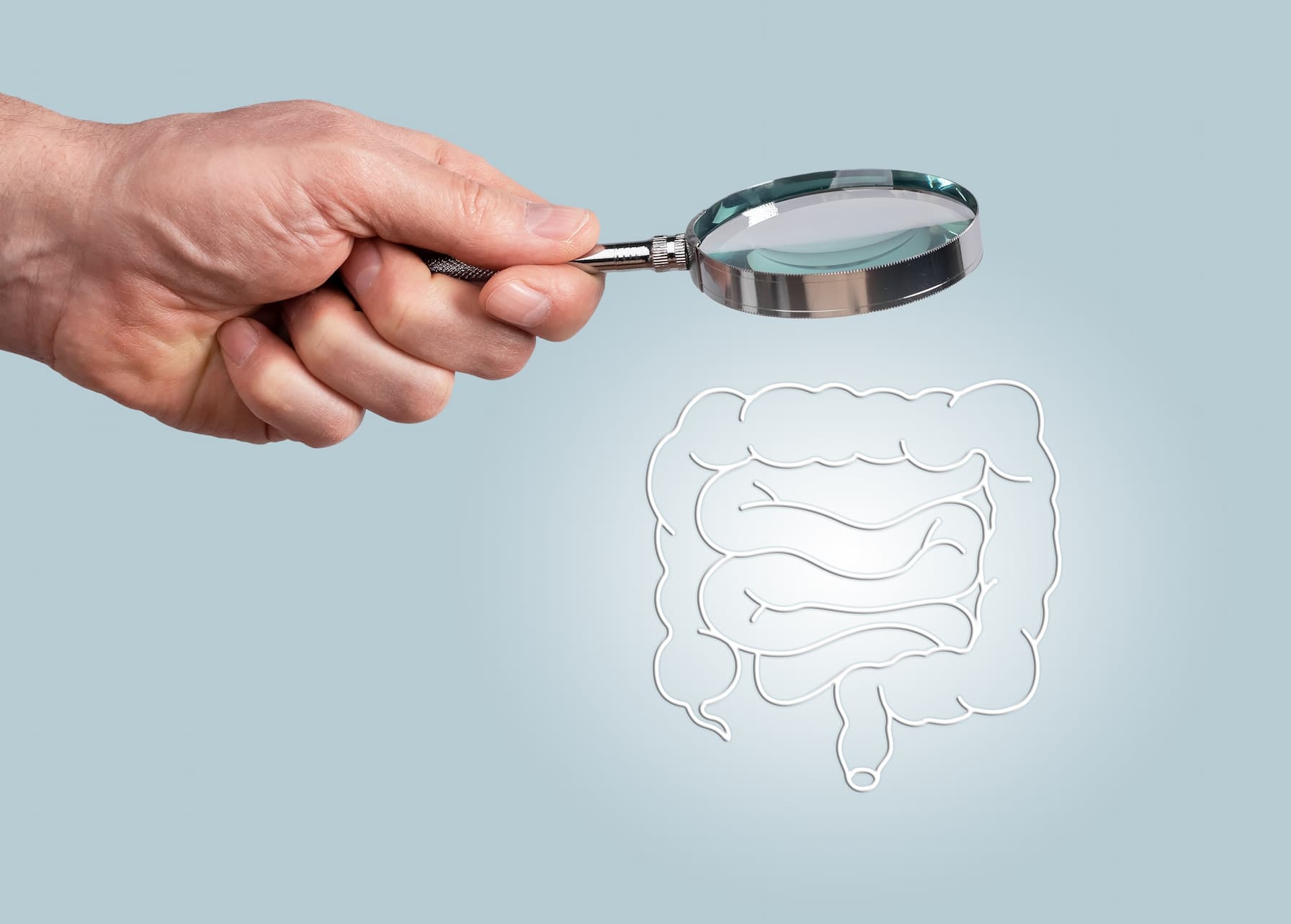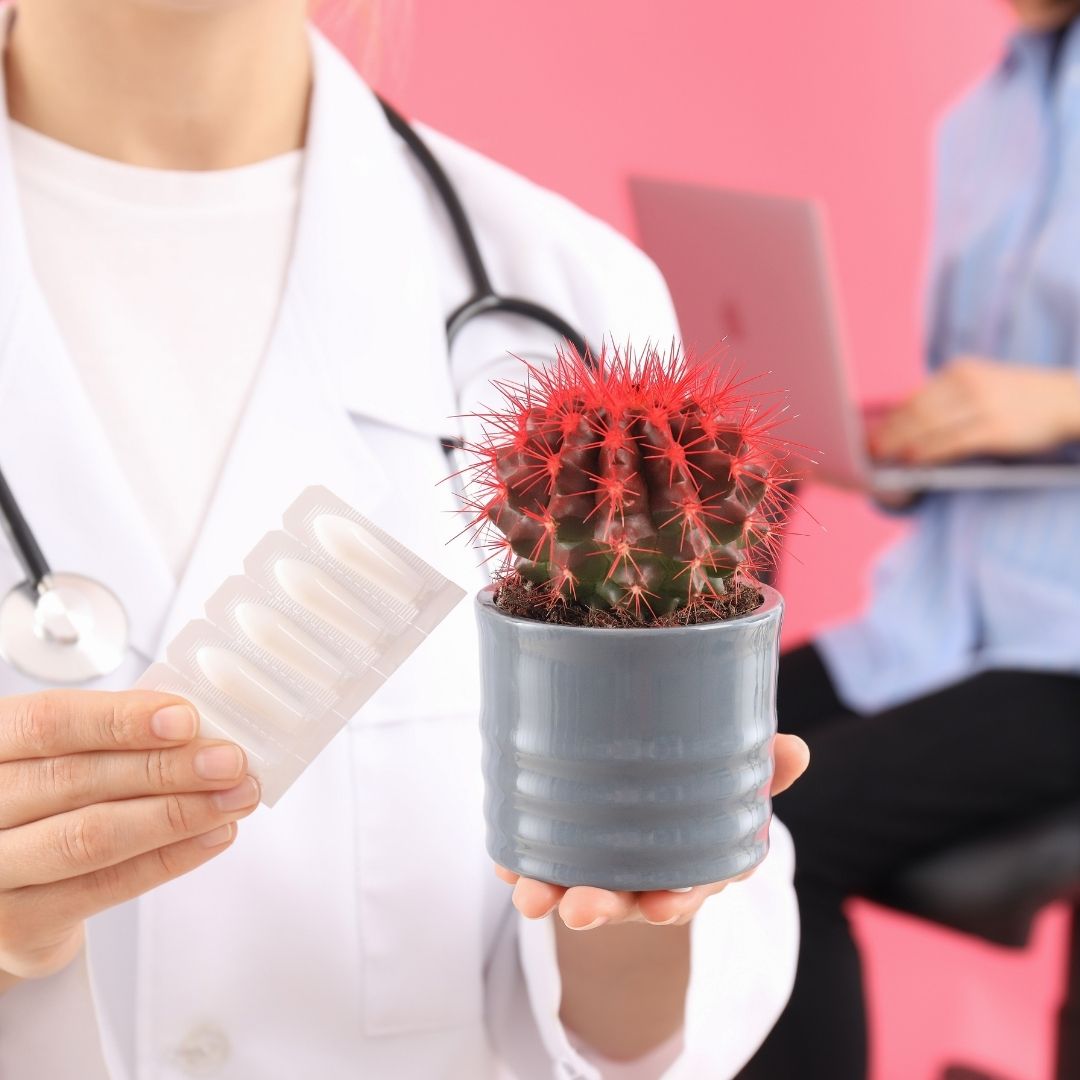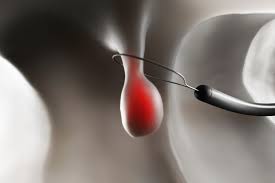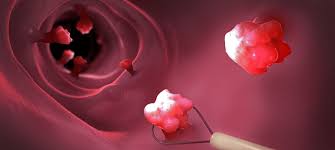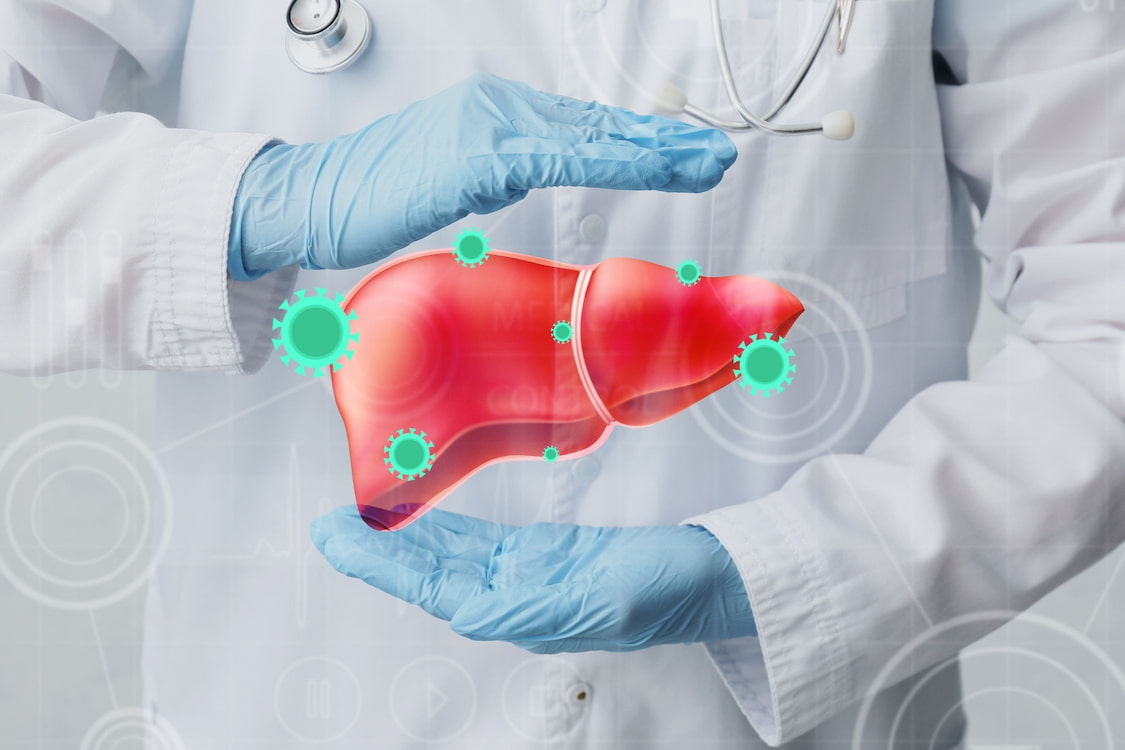
Don't Ignore These Signs of Liver Damage - They Could Save Your Life
Your liver is an essential organ that plays a critical role in keeping your body healthy. It processes everything you consume, including medications, and helps filter out toxins. The liver is responsible for producing bile, which is necessary for breaking down fats, and it also stores glucose for energy when you need it. When your liver is damaged, it can't perform these crucial functions, which can lead to severe health problems. In this article, we will discuss what liver damage is, signs your liver is struggling, and signs of liver problems that you should never ignore.
About Liver Damage?
Liver damage refers to any injury to the liver that impairs its ability to function correctly. The damage can be acute, which means it occurs suddenly, or chronic, which means it happens gradually over time. Acute liver damage can be caused by infections, such as hepatitis, drug toxicity, or alcohol abuse. Chronic liver damage can be the result of long-term alcohol consumption, obesity, or viral hepatitis.
When your liver is damaged, it cannot perform its crucial functions properly, which can lead to a variety of health problems. The severity of the damage can range from mild to life-threatening, depending on the underlying cause.
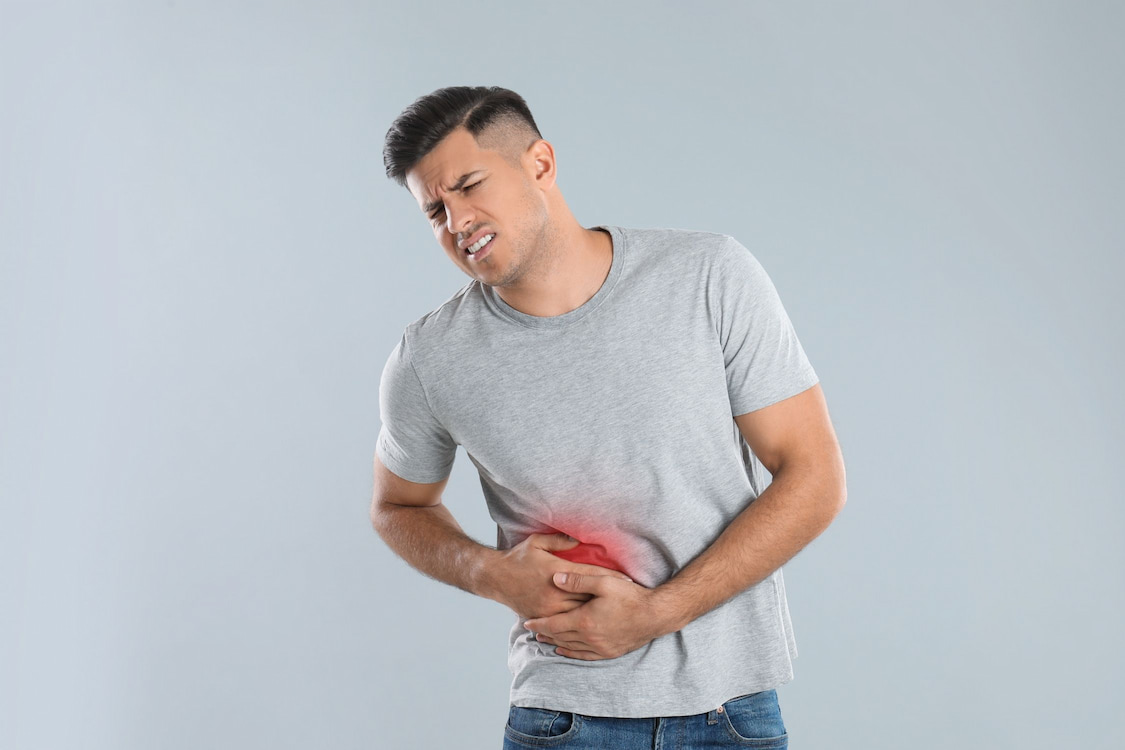
Causes of Liver Damage
Causes of liver damage can vary, but some of the most common causes include:
Alcohol Abuse: Excessive alcohol consumption is one of the leading causes of liver damage. Alcohol can cause inflammation and scarring of the liver, leading to conditions such as cirrhosis and fatty liver disease.
Viral Infections: Viral infections such as hepatitis A, B, and C can cause liver damage. These viruses can cause inflammation and scarring of the liver, which can lead to liver failure if left untreated.
Non-Alcoholic Fatty Liver Disease: Non-alcoholic fatty liver disease (NAFLD) is a condition where fat accumulates in the liver. It's becoming more prevalent due to the rise in obesity and sedentary lifestyles.
Autoimmune Diseases: Autoimmune diseases such as autoimmune hepatitis and primary biliary cholangitis can cause inflammation and damage to the liver. These conditions occur when the immune system mistakenly attacks the liver cells.
Medications and Supplements: Certain medications and supplements can cause liver damage. This can happen due to overdose, long-term use, or an allergic reaction to the medication.
Exposure to Toxins: Exposure to toxins such as chemicals, pesticides, and industrial solvents can cause liver damage. These toxins can build up in the liver over time and cause inflammation and scarring.
It's important to note that liver damage can be preventable in many cases. Maintaining a healthy diet and lifestyle, limiting alcohol consumption, and avoiding exposure to toxins can help reduce the risk of liver damage. If you experience any symptoms of liver damage, it's important to see a doctor and get tested to determine the cause and receive proper treatment.
Signs Your Liver is Struggling
Liver damage can cause a wide range of symptoms, some of which may be easy to overlook or attribute to other causes. Here are some signs your liver is struggling:
Jaundice: Jaundice is a condition where your skin and the whites of your eyes turn yellow. It occurs when your liver can't process bilirubin, a yellow pigment that's produced when red blood cells break down. Jaundice can be a sign of liver damage or liver disease.
Fatigue: Feeling tired or fatigued all the time can be a sign of liver damage. Your liver plays a crucial role in producing energy and breaking down nutrients. When it's not functioning correctly, you may feel tired or run down.
Abdominal Pain and Swelling: Liver damage can cause abdominal pain and swelling. This is because your liver is located in your abdomen, and when it's inflamed or enlarged, it can cause discomfort.
Nausea and Vomiting: Nausea and vomiting can be symptoms of liver damage. Your liver helps break down toxins in your body, and when it's not functioning correctly, these toxins can build up and cause nausea and vomiting.
Dark Urine: Dark urine can be a sign of liver damage. When your liver can't process bilirubin, it can cause your urine to become dark.
Pale Stools: Pale or clay-colored stools can be a sign of liver damage. When your liver can't produce enough bile, it can affect the color of your stools.
Itchy Skin: Itchy skin can be a symptom of liver damage. When your liver can't remove toxins from your body, they can build up in your skin and cause itching.
If you experience any of these symptoms, it's essential to see a doctor. Your doctor can perform tests to determine if you have liver damage and recommend appropriate treatment.
Prevention Of Liver Damage
Preventing liver damage is crucial for maintaining good liver health. Here are some ways you can reduce your risk of liver damage:
Limit Alcohol Consumption: One of the most important steps you can take to prevent liver damage is to limit your alcohol consumption. Excessive alcohol consumption can cause inflammation and scarring of the liver, leading to conditions such as cirrhosis and fatty liver disease.
Maintain a Healthy Diet and Lifestyle: A healthy diet and lifestyle can help reduce the risk of liver damage. Eating a balanced diet, getting regular exercise, and maintaining a healthy weight can all help improve liver health.
Get Vaccinated: Vaccines are available for hepatitis A and B. Getting vaccinated can help prevent these viruses from causing liver damage.
Avoid Exposure to Toxins: Exposure to toxins such as chemicals, pesticides, and industrial solvents can cause liver damage. To reduce your exposure to toxins, you should wear protective clothing and equipment when working with chemicals and avoid using pesticides in your home and garden.
Use Medications Safely: Certain medications and supplements can cause liver damage. To reduce the risk of liver damage from medications, you should only take them as directed by your doctor and never exceed the recommended dose.
Get Regular Check-Ups: Regular check-ups with your doctor can help detect liver damage early. Your doctor can perform blood tests and imaging studies to check your liver function and detect any signs of liver damage.
By following these steps, you can help reduce your risk of liver damage and maintain good liver health.
Healthy Türkiye Notes
Your liver is an essential organ that plays a vital role in keeping your body healthy. When it's damaged, it can affect your overall health and lead to serious health problems. Knowing the signs of liver damage and signs your liver is struggling can help you catch liver damage early on and get the necessary treatment to prevent further damage. If you experience any symptoms of liver damage, don't ignore them. It's essential to see a doctor and get tested for liver damage. With proper treatment and a healthy lifestyle, you can help support your liver health and prevent liver damage.
